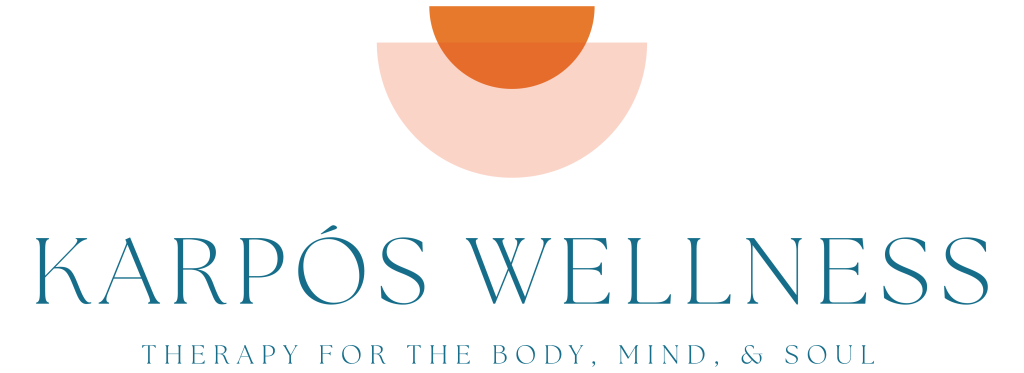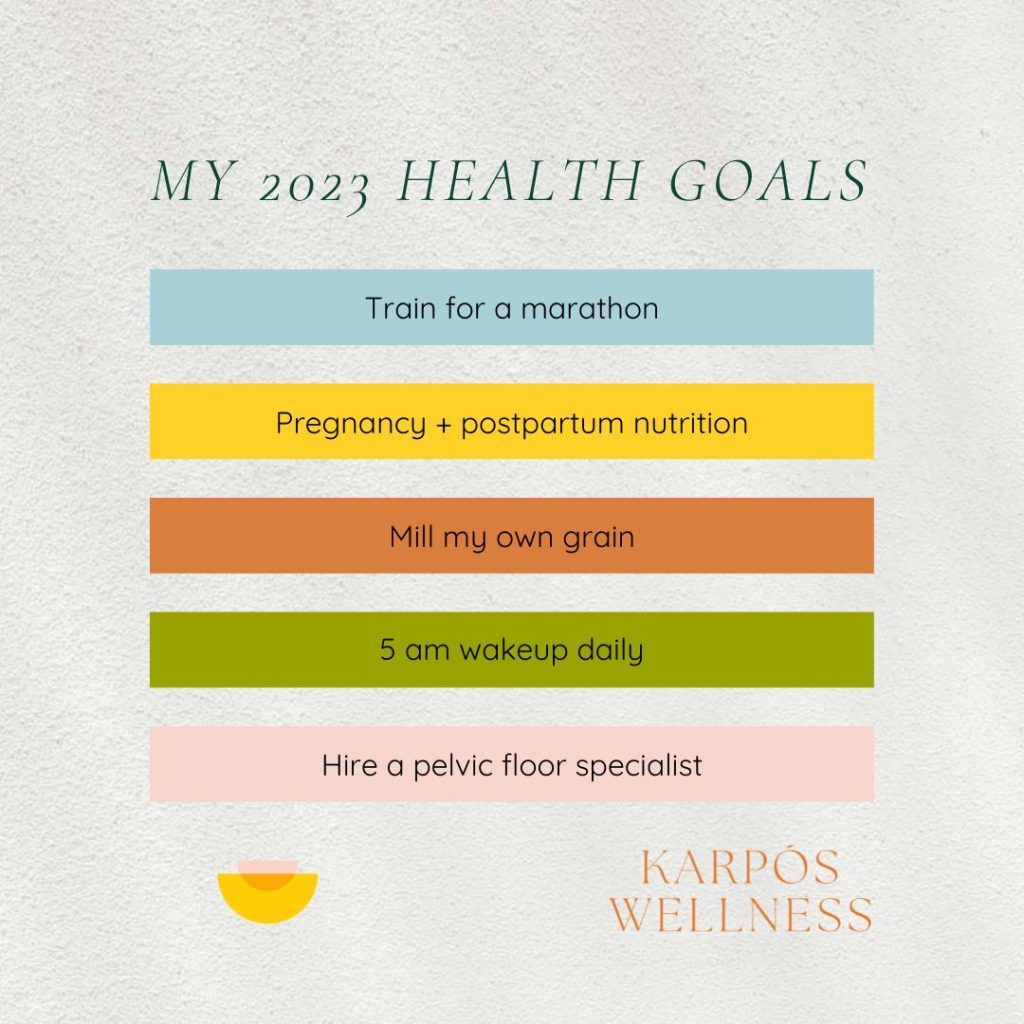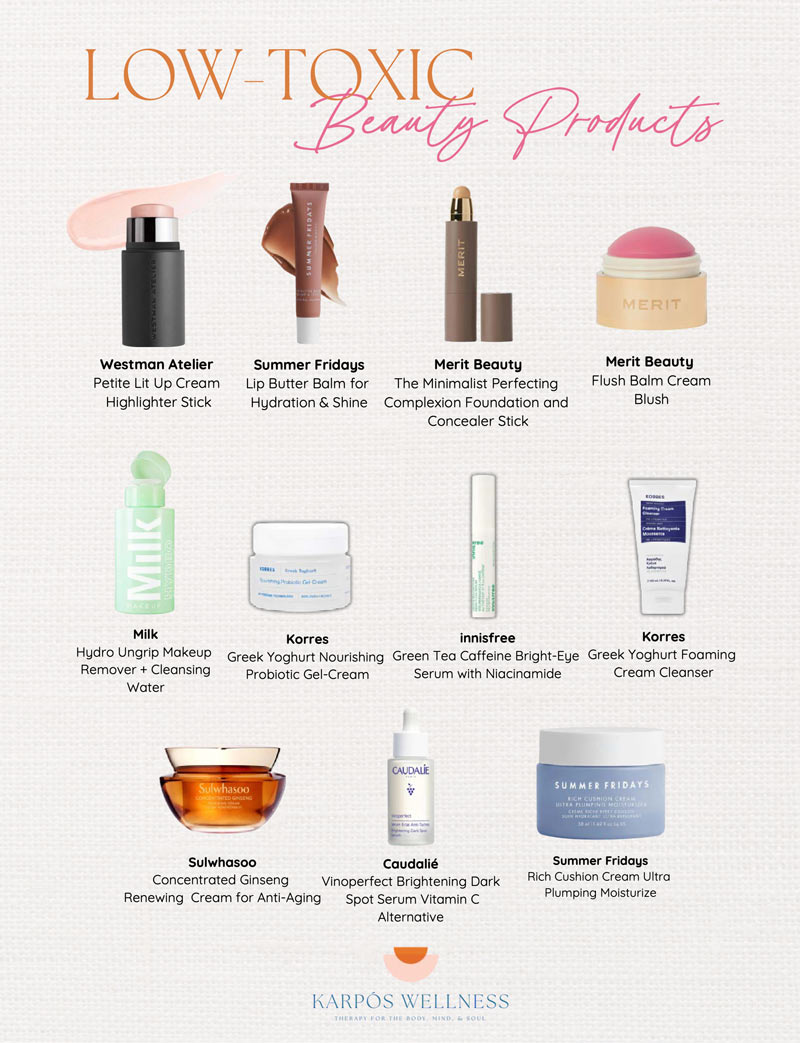Health, wellness, healing, and freedom! It’s what we want, but we’re overwhelmed with questions! Questions are good. I’ve given my life to the study of nutrition and seeking answers to thousands of questions, daily. I want to serve my clients with excellence so after years of research, I decided in 2014 that the best route for me was to become a Nutritional Therapy Practitioner (NTP) with special certifications through the years. I’ll explain a few things about what I do as an NTP, what I don’t do as an NTP, and how my title is different from others such as a dietician, or a health coach.
As a Nutritional Therapy Practitioner (NTP) we have 3 primary roles:
- To empower individuals on their own health journeys. by educating and delivering exceptional knowledge and expertise for their life specifically so they can become responsible for their own health
- Help clients to develop their own health goals and work towards healing and freedom in their lives through the knowledge and tools available to us.
- Use nutrition and lifestyle strategies to support the needs of our clients.
How do we accomplish this with our clients? NTPS
- Are trained to evaluate the client’s specific nutritional needs and goals and meet clients exactly where they are.
- Make holistic recommendations and protocols for individuals based on the five pillars of health: digestion, blood sugar regulation, fatty acid balance, hydration, and mineral balance.
- We work with the body’s innate intelligence to determine the source of stressors in the body, discover nutritional deficiencies, and use a food-first approach to bring healing back into it, as it was designed.
- Use targeted high-quality supplements when necessary to support the body to come back into biochemical balance.
- Make appropriate lifestyle + stress-management recommendations.
- If certified, use lab testing to assess deeper needs in the GI tract, hormone system, thyroid function, specific nutritional deficiency, and more. I am certified and offer these things within the scope of my practice.
What an NTP does not do:
- Practice medical nutrition (an example of this is a dietician who works in a hospital to work with clients needing medically prescribed diets.)
- Diagnose or treat illnesses.
- Act as a substitute for a doctor or other licensed healthcare providers; however, we will work with clients who have been given a diagnosis in order to support the body and symptoms associated with that diagnosis for relief and healing.
- Give opinions and unfounded advice that is not rooted in science.
- Address symptoms without first addressing the root.
When should I hire a Nutritional Therapy Practitioner?
- When you have symptoms with nutrition needs + functional imbalances. Like…
- Chronic fatigue // consistent lack of quality sleep
- GI issues (constipation, gas, bloating, vomiting, diarrhea, cramping, pain, etc.)
- Out-of-control cravings // food habits
- Thyroid symptoms // imbalances
- Chronic UTI’s or yeast infections
- Over-consumption of anti-biotic use
- Years of birth control
- H.Pylori
- Candida // fungi overgrowth
- Chronic skin irritations
- Unwanted and/or unexpected weight gain or loss
- Chronic allergies
- PMS symptoms (mood swings, heavy bleeding//pain, irregularity, etc…)
- More
- When you need help, clarity, understanding, accountability, and consistency on your journey towards health and healing.
- You’ve had extensive lab tests and they’ve all come back “normal” Normal lab ranges are sub-optimal. Functional ranges are much smaller and concentrated so we work with clients in the narrower range of function to target deeper healing.
How is an NTP different from a Coach and/or a Dietician?
A Health Coach is:
- Someone who is not clinically trained in functional nutrition.
- Able to give good advice based on personal research and experience but has little to no educational background to support the work that they do.
- A mentor who is supportive.
- Unregulated in terms of “title” and anyone can call themselves a health coach. This can oftentimes be dangerous, as there is little to no accountability.
- Not required to do any kind of education or continuing education in order to keep their credentials current.
- **This is not the same thing as a life coach–they do require education and proper training, but not in the area of health + wellness + nutrition.
A Dietician is:
- A medically trained professional that alters an individual’s diet based on medical conditions, body makeup, blood type, or contributing factors affecting nutrition.
- A regulated medical professional that can assess, diagnose, recommend, and treat various medical diagnoses and dietary problems.
- often trained with a westernized, food pyramid approach, addressing symptoms, but not always or often the root issues.
- Not focusing on prevention as much as treating.
- Not looking at the body as a whole or treating holistically.
Me Personally:
I am a certified Nutritional Therapy Practitioner and also a Restorative Wellness Practitioner. This means that I can legally work with clients to address each bio-individual need using the techniques above and I am also professionally and legally trained to offer lab testings within the scope of my practice as a nutritionist.
These tools are great ways to see deeper into the GI tract, hormone issues, thyroid function, blood chemistry, nutritional deficiencies, and more…
I work with clients over a series of months because nutrition and lifestyle changes can be hard and challenging and it’s important to have someone you trust to walk closely with you through the entirety of seeing your goals through to fruition and help answer all of your questions.
Still have questions? Shoot me an email so we can chat. I would love to help you uncover your deepest nutritional woes be it mental, physical, emotional, and otherwise, and use trained expertise to guide you towards a path of healing and wholeness.









